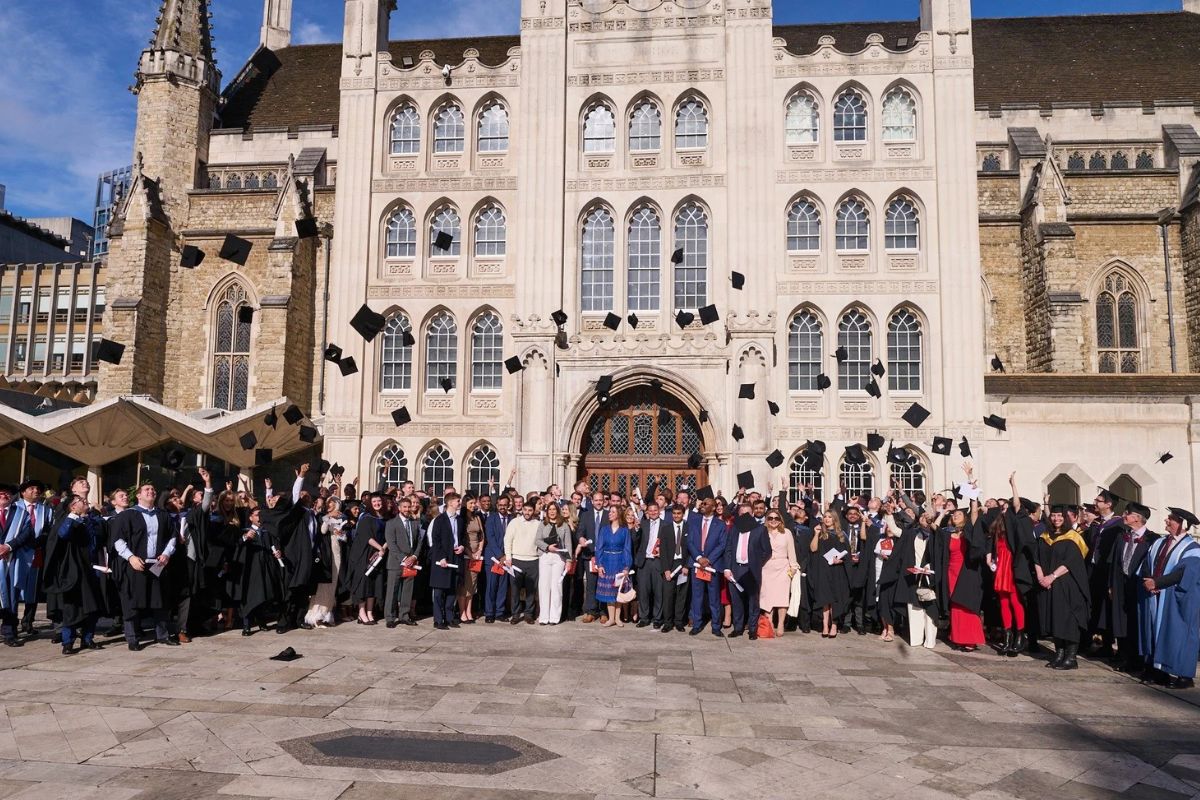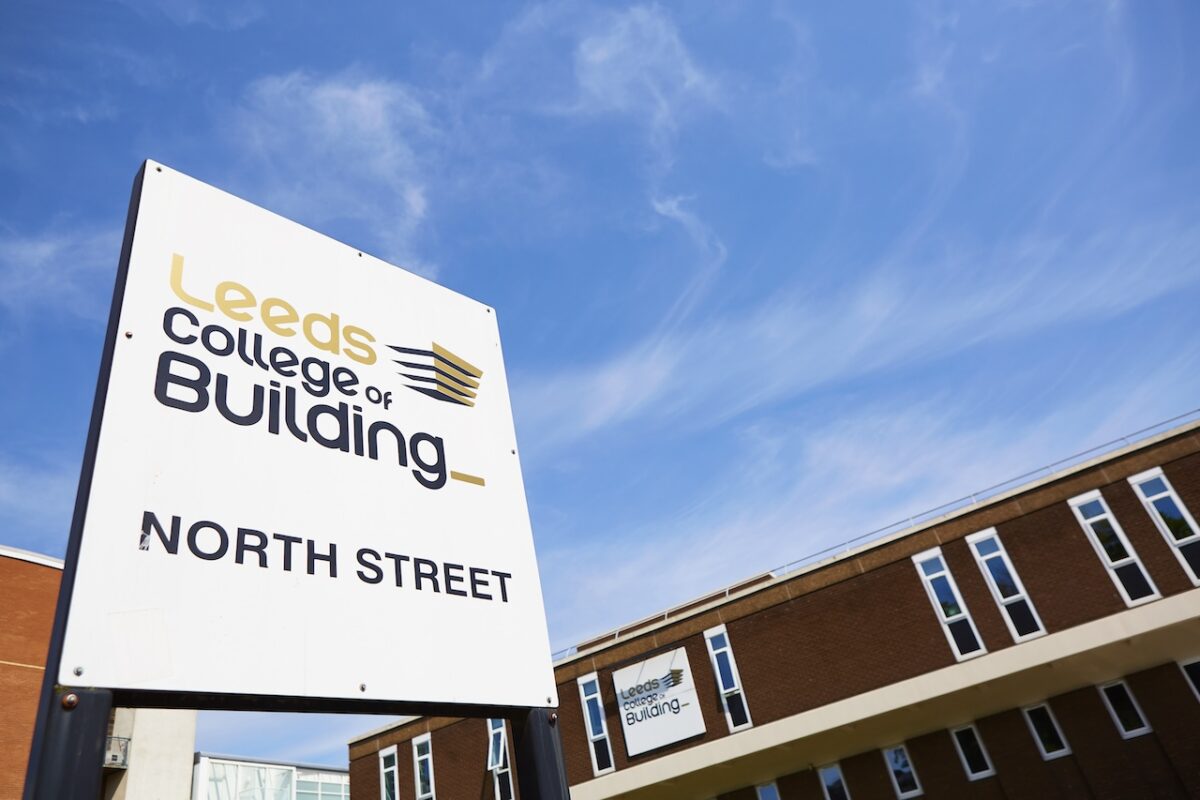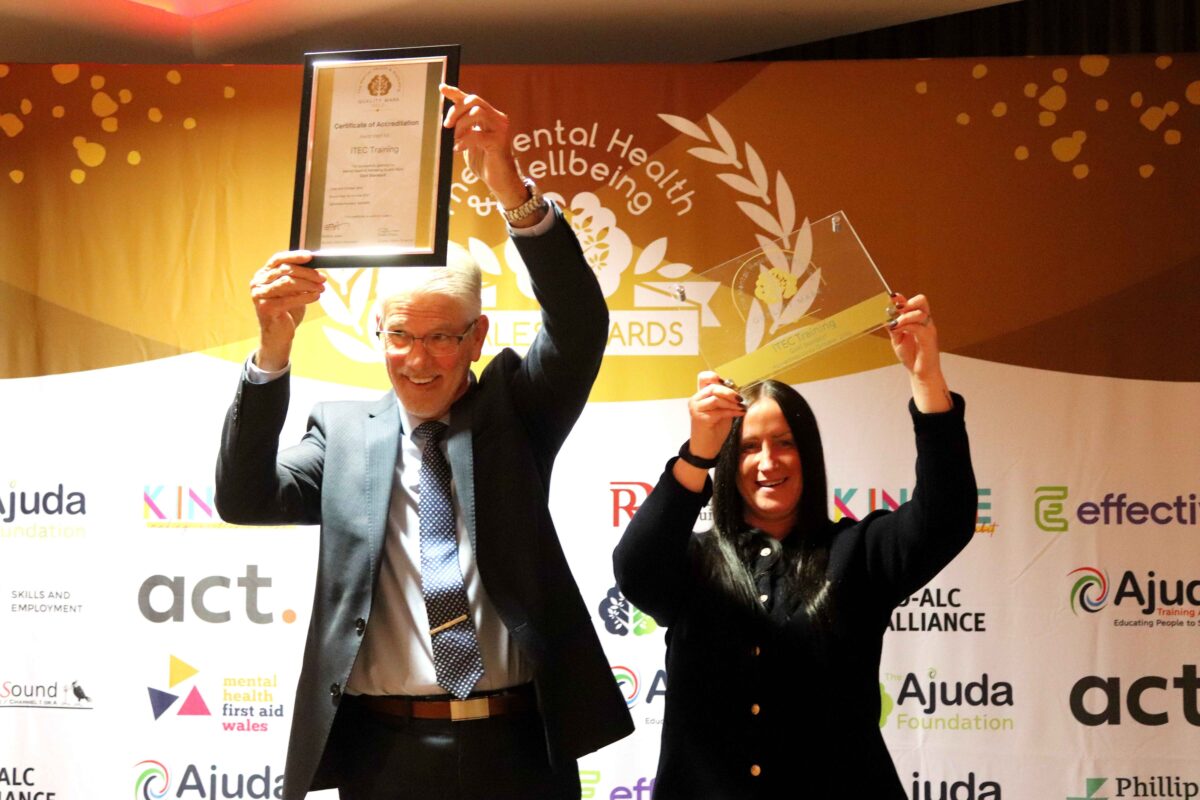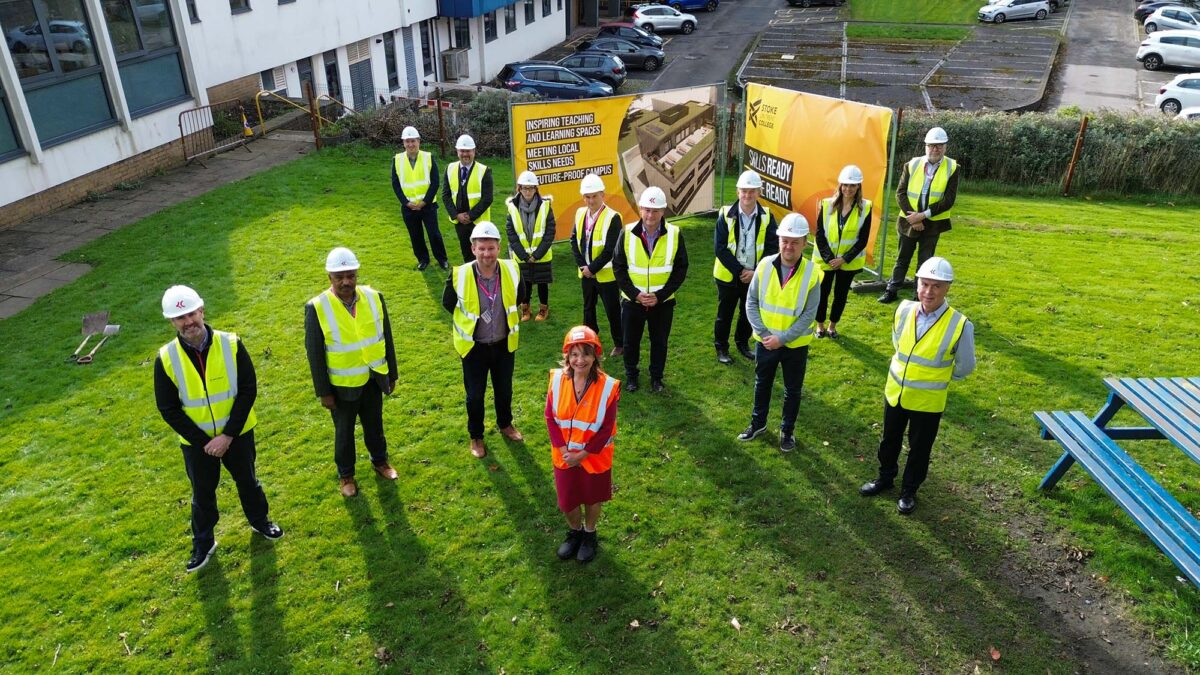NUS launches the Divest to Decolonise toolkit

Tomorrow, the National Union of Students are launching a new toolkit about divestment in education for Students’ Unions and student campaigners.
Students have been campaigning for decolonising education for years. In collaboration with Campaign Against Arms Trade Universities, Students Organising for Sustainability UK, People and Planet, and dED_UCATION, NUS produced a straightforward and practical step-by-step campaign guide.
The workbook aims to support students wanting to highlight and break their institutions’ links with colonialism and imperialism.
The toolkit both informs readers about the UK education system’s links with the country’s colonial past, and outlines how universities and colleges are still tied to colonialism and imperialism, through their investments, career services, funding from local councils, and banks.
Launching a few days after posting the open letter with 800 signatures calling on education providers to cut their links with colonialism and imperialism, this tool will provide readers with a guide to identify what needs to change and how to make this change happen.
Speaking ahead of the toolkit launch, NUS Vice-President for Liberation and Equality Sara Khan said:
“I am proud to be launching this step-by-step campaign guide. Students have a proud history of fighting for divestment and decolonisation, and I am optimistic that this toolkit will allow even more of us to show Universities and Colleges that we are not fooled by their inadequate efforts. Education should be a place of learning, not money-making. We must fight to end the marketisation of education, and push institutions to reallocate their money into our communities – into adequate housing, into making education lifelong and free, and into truly universal healthcare – as well as anti-racist initiatives. Let’s transform our education, and our society”
People & Planet’s Co-Director Climate Campaigns, J Clarke said:
“This toolkit is the product of fantastic work by NUS to draw the links between different campaign areas and targets. It provides student campaigners with an accessible entrance point to the crucial understanding that neither climate nor social justice will be achieved without grappling with the colonial roots underpinning the crises we face today. Our education institutions are complicit in upholding systems of injustice; this toolkit is a road map to addressing that truth”
Mel Kee, Campaign Manager at Students Organising for Sustainability UK, said:
“Divestment has always been a powerful tactic for campaigners fighting for environmental and social justice and this toolkit brings together education and action, giving practical steps students can take to push for vital change. We need to harness the influence money has over our institutions, cutting ties and building a better way forward”
Co-Founder & Executive Director at dED_UCATION, Jinsella said:
“dED_UCATION is proud to have contributed to the creation of this NUS toolkit. Demilitarising education is essential to achieving climate and social justice. This is why this Divestment toolkit is an essential resource to creating a new vision for higher education that puts our futures at the forefront of their activities”
Malak Mayet, Universities Coordinator at Campaign Against Arms Trade, said:
“British universities receive at least £190 million from an industry that destroys communities across the globe. This money is used to fund engineering courses, and research into weapon development.
“The British arms trade claims the lives of millions, annually – the vast majority of these being civilians. In addition to this, arms companies play a crucial role in climate destruction, producing more carbon emissions than 60 different countries combined. Our arms trade and foreign policy has exported colonial terror around the world, committing war crimes that destabilise large regions of the Global South, ensuring the legacy of death and suffering continues.
“It is absolutely shameful that universities continue to collaborate with this oppressive trade. It is hypocritical for institutions who claim to be ‘decolonising’ their syllabuses and releasing statements of solidarity with Ukraine to continue engaging with companies ensuring colonial violence and war remains a reality for so many within our global community. No more using Equality, Diversity and Inclusion marketing to obscure complicity – it’s time for British universities to put their money where their mouth is and divest from the arms trade”











Responses